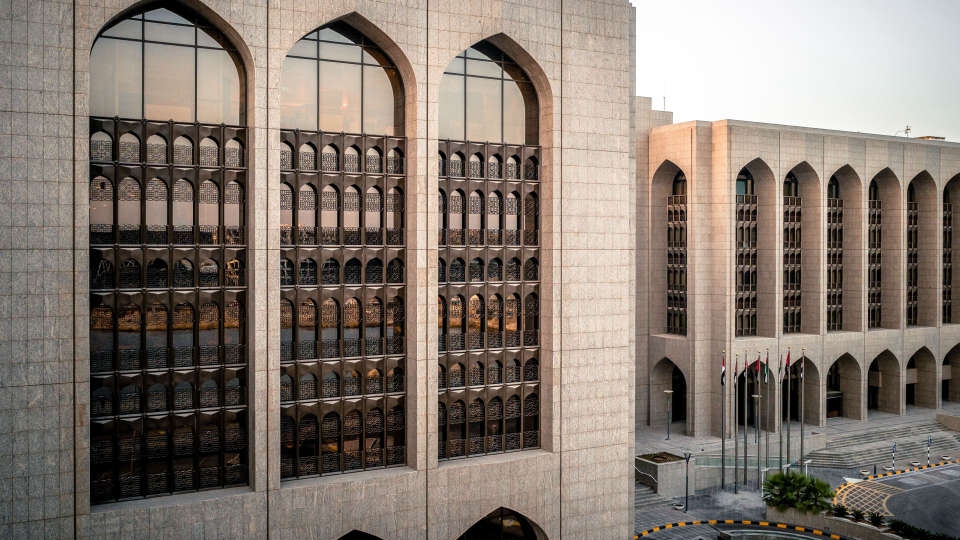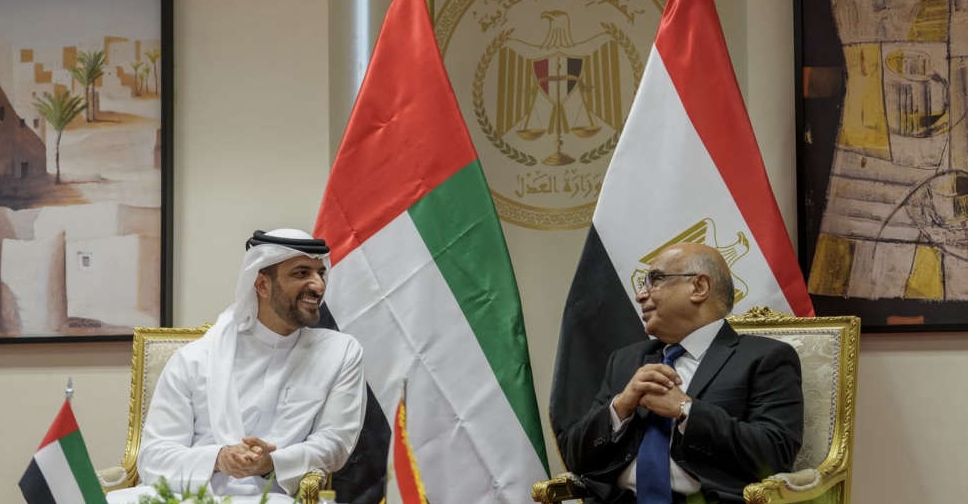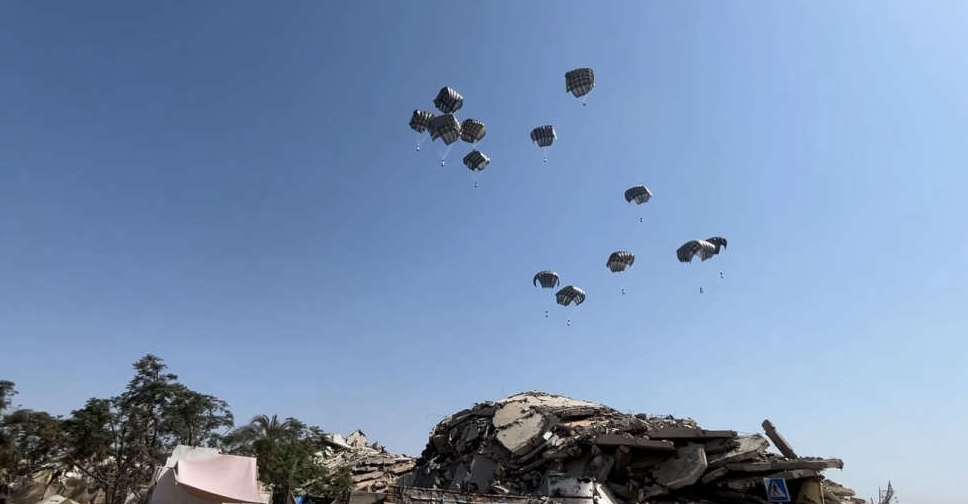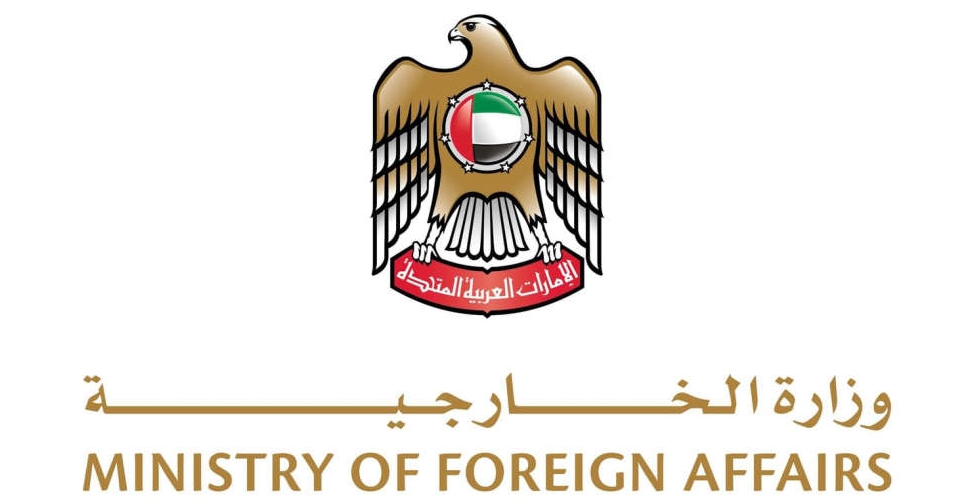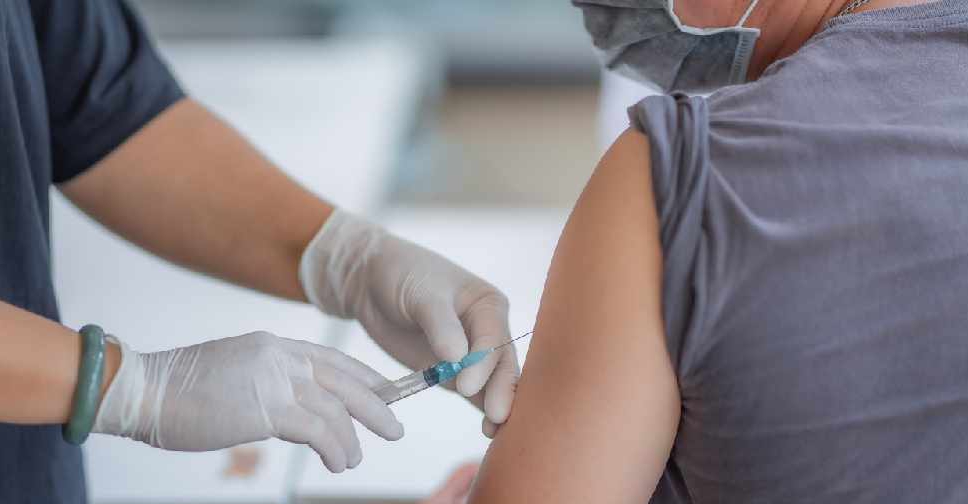
Nearly 2 billion doses of COVID-19 vaccines will be shipped and flown to developing countries next year in a "mammoth operation", the UN children's agency UNICEF said on Monday.
UNICEF said it was working with over 350 airlines and freight companies to deliver vaccines and 1 billion syringes to poor countries such as Burundi, Afghanistan and Yemen as part of COVAX, a global COVID-19 vaccine allocation plan with the World Health Organisation (WHO).
"This invaluable collaboration will go a long way to ensure that enough transport capacity is in place for this historic and mammoth operation," said Etleva Kadilli, director of UNICEF's Supply Division, in a statement.
COVAX - co-led by GAVI vaccine group, the WHO and the Coalition for Epidemic Preparedness Innovations - aims to discourage governments from hoarding COVID-19 vaccines and to focus on first vaccinating the most at risk in every country.
At a G20 summit this weekend, leaders of the biggest 20 world economies pledged to ensure the equitable distribution of COVID-19 vaccines, drugs and tests so that poorer countries are not left out.
Even before the pandemic hit, access to vaccines was unequal with around 20 million babies not receiving vaccines that could save them from serious diseases, death, disability and ill health, according to the WHO.
"We need all hands on deck as we get ready to deliver COVID-19 vaccine doses, syringes and more personal protective equipment to protect frontline workers around the globe," said UNICEF'S Kadilli, who is working with the Pan American Health Organisation and the International Air Transport Association.
UNICEF's role with COVAX stems from its status as the largest single vaccine buyer in the world.
It said it procures more than 2 billion doses of vaccines annually for routine immunisation and outbreak response on behalf of nearly 100 countries.
Drugmakers and research centres worldwide are racing to develop COVID-19 vaccines, with large global trials of several of the candidates involving tens of thousands of participants well underway.
Pfizer Inc and BioNTech could secure emergency US and European authorisation for their COVID-19 vaccine next month after final trial results showed a 95 per cent success rate and no serious side effects.
Moderna Inc last week released preliminary data for its vaccine showing 94.5 per cent effectiveness.
The better-than-expected results from the two vaccines, both developed with new messenger RNA (mRNA) technology, have raised hopes for an end to a pandemic that has killed more than 1.3 million people and wreaked havoc upon economies and daily life.


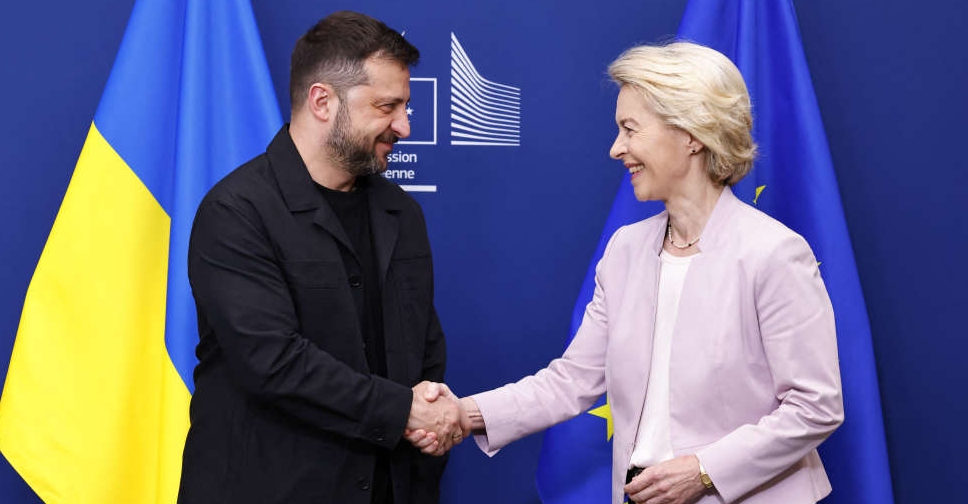 Zelenskyy, flanked by Europe, heads to Washington as Trump presses for Russia deal
Zelenskyy, flanked by Europe, heads to Washington as Trump presses for Russia deal
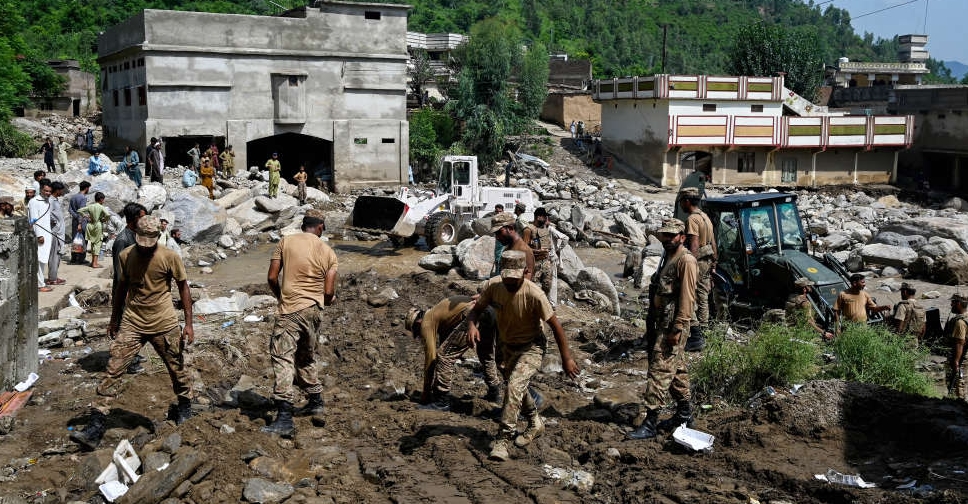 Pakistan resumes rescue operations in flood-hit areas; death toll over 300
Pakistan resumes rescue operations in flood-hit areas; death toll over 300
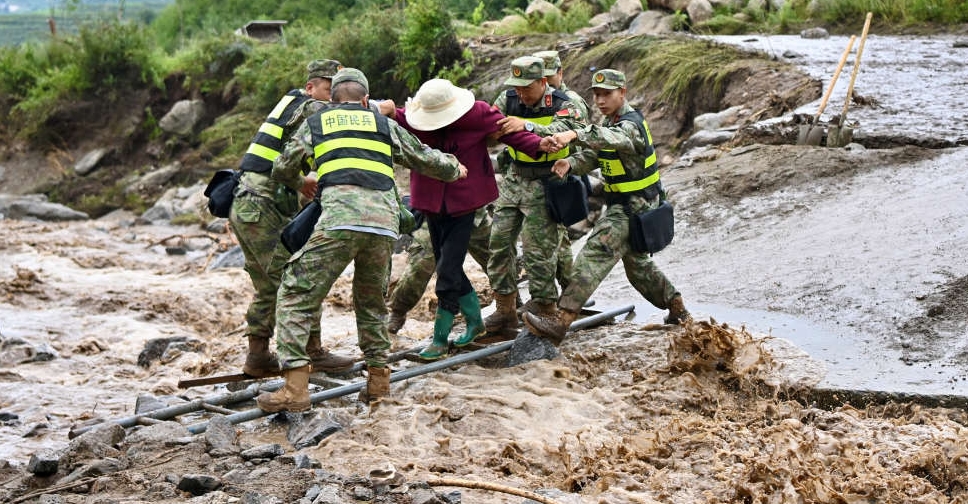 Flash floods claim lives in northern China
Flash floods claim lives in northern China
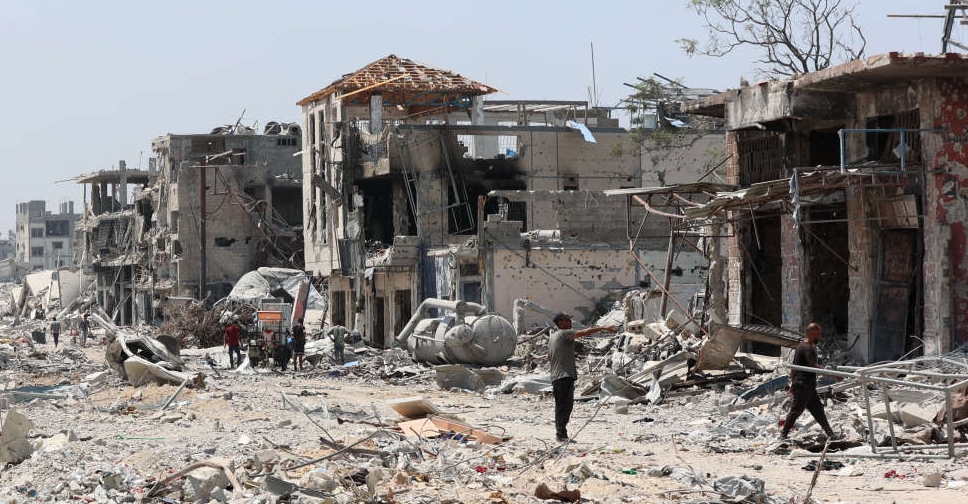 Israel plans Gaza resident relocation
Israel plans Gaza resident relocation
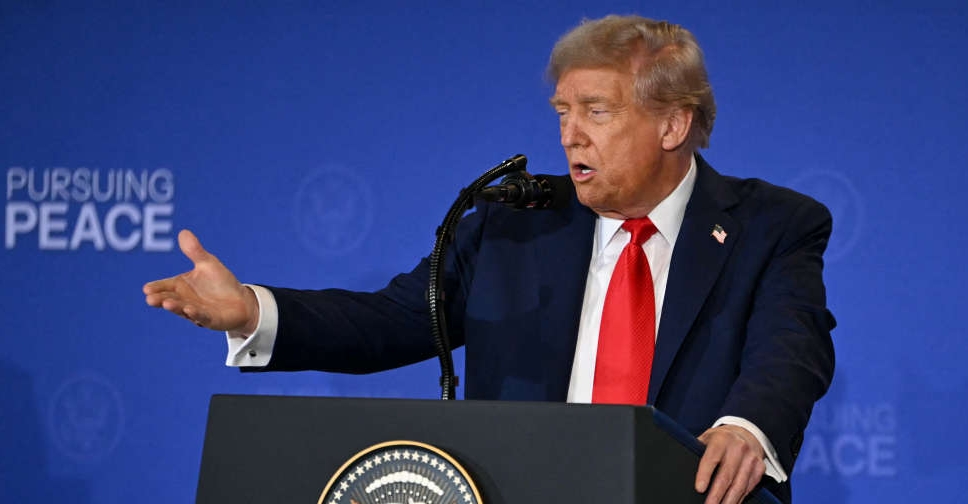 Trump urges Zelenskyy to make a deal
Trump urges Zelenskyy to make a deal
